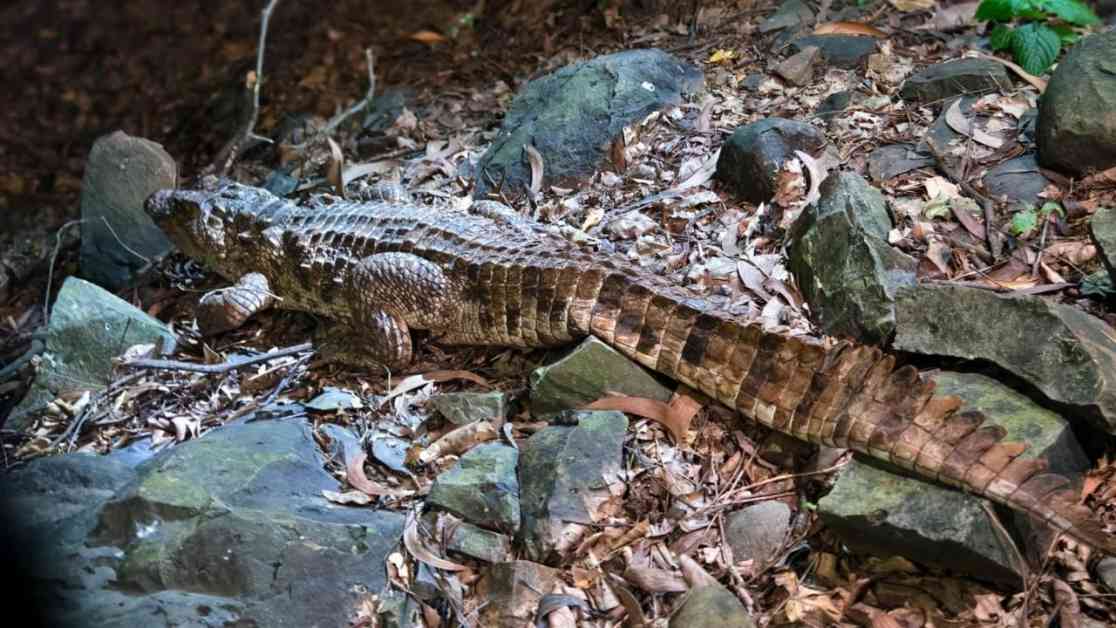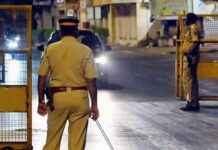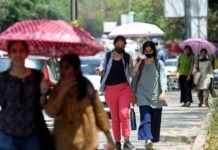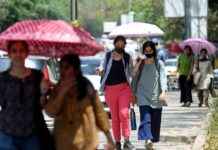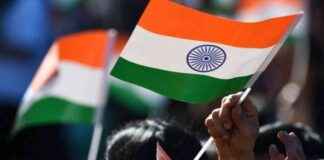Rescued Indian Marsh Crocodile in Mumbai: Forest Department and RAWW’s Heroic Efforts
An Indian Marsh Crocodile found itself in a precarious situation in Mumbai’s Powai area, trapped in a 5-foot-deep pit near Morarji Nagar, Saki Vihar Road. The joint efforts of the Forest Department and RAWW (Resqink Association for Wildlife Welfare) led to a successful rescue operation that saved the crocodile from its predicament.
Honorary Wildlife Warden (HWW) of Thane, Pawan Sharma, commended the skillful execution of the rescue operation by the team members from RAWW, led by Mahesh Ithape and Rajesh Mahadik, along with four other team members and volunteers. The crocodile, measuring 4.6 feet and weighing 11.7 kg, was examined by a team of vets from RAWW, who declared it fit for release back into its natural habitat.
This rescue operation highlights the importance of collaborative efforts in wildlife conservation and the dedication of organizations like RAWW and the Forest Department in safeguarding vulnerable species like the Indian Marsh Crocodile.
The Indian Marsh Crocodile is a species native to India and is known for its adaptability to various habitats, including freshwater bodies like rivers and lakes. However, encounters with humans in urban areas like Mumbai can pose risks to both the crocodiles and the local communities.
In January 2023, an Indian Marsh Crocodile was spotted in the Mithi River near the Maharashtra Nature Park (MNP), raising concerns among authorities and residents. Subsequent sightings in the MNP pond and the Mahim area in October 2022 indicated the presence of crocodiles in unexpected locations.
Experts in wildlife conservation speculated that the crocodile might have been displaced during the monsoon season when water bodies like Vihar and Powai lakes overflowed, potentially carrying the crocodile downstream to the Mithi River and eventually to Mahim.
The Forest Department, in collaboration with the Mangrove Cell, has been actively monitoring and responding to crocodile sightings in urban areas, ensuring the safety of both the animals and the local population. The successful rescue of the Indian Marsh Crocodile in Powai is a testament to the effectiveness of these conservation efforts.
As wildlife habitats continue to face threats from urbanization and human activities, it is essential to have dedicated organizations like RAWW and proactive government agencies like the Forest Department working together to protect and preserve endangered species like the Indian Marsh Crocodile.
In conclusion, the rescue of the Indian Marsh Crocodile in Mumbai exemplifies the importance of wildlife conservation efforts and the critical role of organizations and individuals dedicated to safeguarding the natural heritage of India. The collaborative efforts of the Forest Department and RAWW in rescuing the crocodile demonstrate the power of collective action in protecting vulnerable species and promoting coexistence between wildlife and humans.
